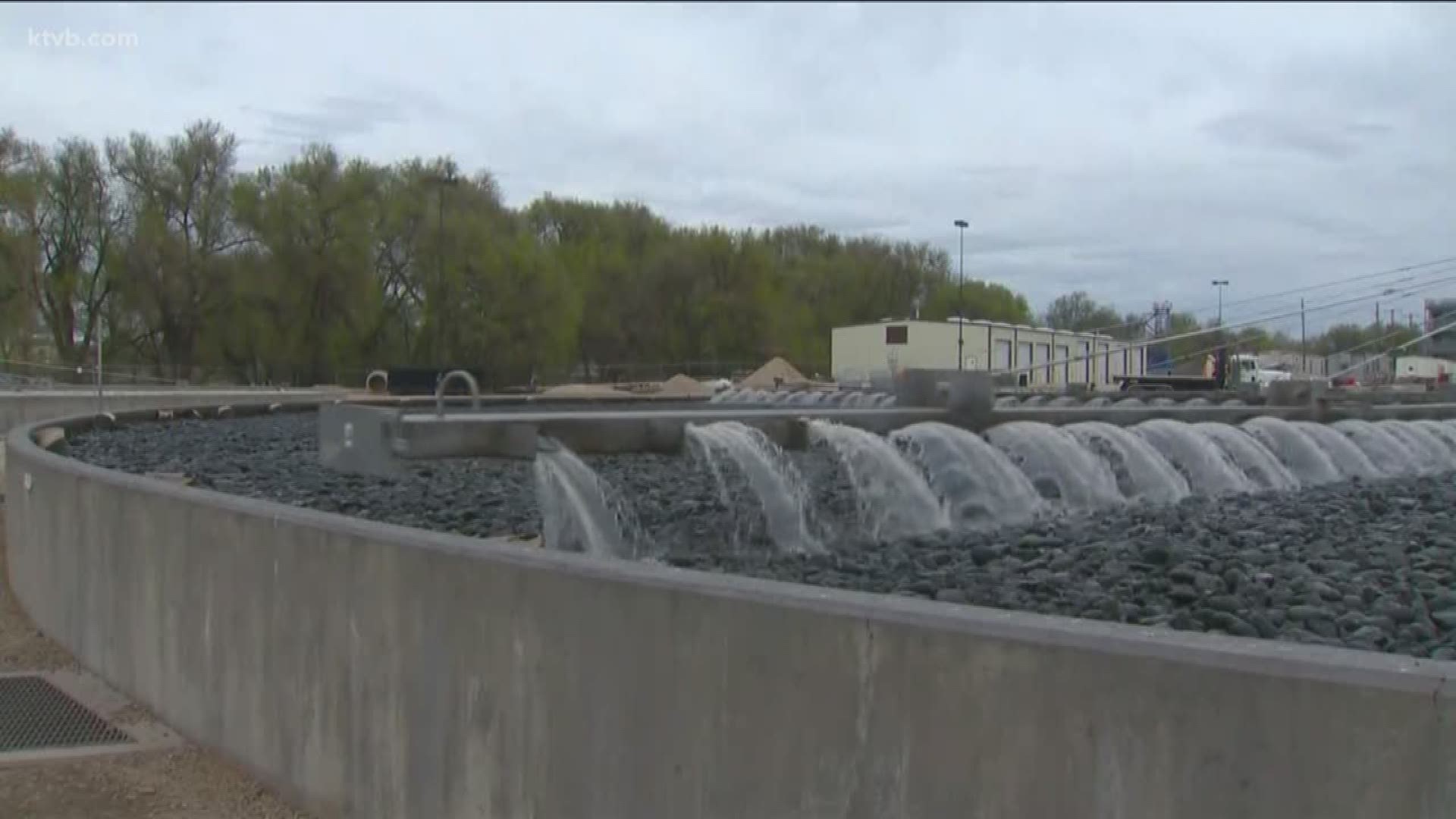NAMPA - Some things, necessary as they might be, just aren't fun to pay for.
Case in point - Nampa. The city needs a major upgrade to its wastewater treatment plant to meet federal guidelines. And it’s not cheap.
At $190 million, Nampa residents will have to pay for most of it.
Voters will have two choices next month when they go to the polls, but both will put a dent in family budgets.
The city says they need to meet federal guidelines and don't have any other options to fund the majority of the project.
Officials say no matter what, Nampa residents will see a spike in their sewer bill come October.
But depending on next month’s vote, that increase could be slow and steady or a much sharper rise.
"It's all about improving water quality into the Indian Creek in Nampa, Idaho," said Public Works Director Michael Fuss.
The city of Nampa is working on a major upgrade to its wastewater treatment facility. They need to make the upgrades to meet a federal mandate put out by the Environmental Protection Agency.
"We're not asking if these improvements will be made but how to pay for them," said Fuss.
One option is passing a $165 million bond on May 15th to pay for it.
"We have a great opportunity to through some state incremental financing at a wonderful interest rate that will give us a slow increase," said Nampa Mayor Debbie Kling.
Right now, the monthly residential average for sewer bills in Nampa is just under $25 a month. If the bond passes, by next year the average bill would go up to about $30 per month.
The rates would continue to increase year after year, and by 2025 customers would pay a little more than $72 a month. It would stay that way in 2026.
The other option is not passing the bond but still seeing a higher sewer bill.
"We're going to have a sharp increase because we're going to have to self-fund it over a shorter period of time, so it's going to be pretty impactful on our citizens,” said Kling.
Kling says if voters reject the measure the average sewer bill would nearly double from 2018 to 2019. Residents would see their bill go from about $25 to $50 a month. The bills would increase yearly and by 2025 the average bill would more than $110.
However, by 2026 the bill is expected to drop down to about $58 a month.
Two options to foot a multi-million dollar bill are making for a very important decision on May 15th.
"Even though we've been told we have to do this we want our citizens to have a voice in how we fund it, so we're going to leave it up to them,” said Kling.
The first month Nampa residents would see an increase in their sewer bill is October.

